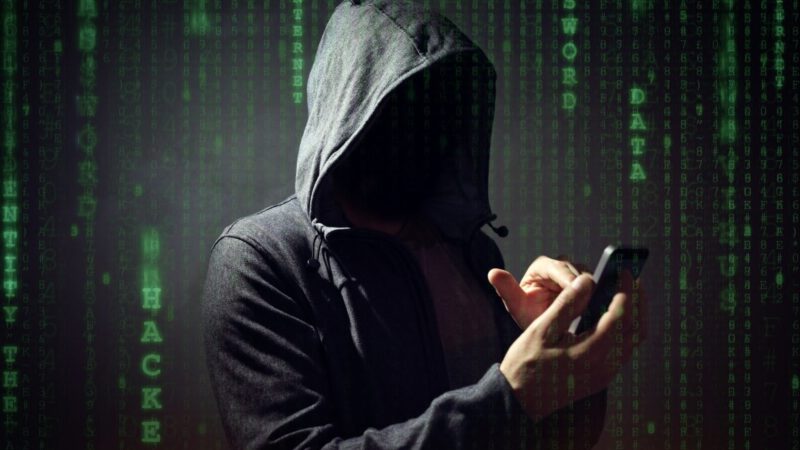In the digital age, where communication is just a click away, scammers and cybercriminals have found new and inventive ways to exploit unsuspecting individuals. One such tactic that has gained notoriety is the USPS scam email involving a suspicious tracking number with the code “US9514901185421.” This article serves as a warning to help you identify and avoid falling victim to this fraudulent scheme. Additionally, we’ll provide you with some frequently asked questions (FAQs) to ensure you have all the necessary information to protect yourself from such scams.
What is the US9514901185421 USPS Scam Email?
The US9514901185421 USPS scam email is a phishing attempt that often appears in your inbox, masquerading as an official email from the United States Postal Service (USPS). It typically contains a message informing you that a package with the tracking number “US9514901185421” is on its way to your address. The email may also include a link or attachment that supposedly allows you to track the package’s delivery status.
How to Identify a USPS Scam Email:
- Check the Sender’s Email Address: Legitimate USPS emails usually come from an “@usps.com” domain. Be cautious if the email comes from a different or suspicious-looking address.
- Look for Typos and Grammatical Errors: Scam emails often contain spelling mistakes and grammatical errors. If the email is poorly written, it’s likely a scam.
- Avoid Suspicious Links and Attachments: Do not click on any links or download attachments from emails that appear suspicious. These may contain malware or lead you to phishing websites.
- Verify the Tracking Number: If you receive an email about a package you weren’t expecting, verify the tracking number directly on the official USPS website or through their official app.
- Beware of Urgency and Threats: Scam emails may use language like “urgent action required” or threaten consequences for not complying. Legitimate organizations rarely use such tactics.
FAQs about USPS Scam Emails and Tracking Number Spam:
1. What should I do if I receive a suspicious USPS scam email?
If you receive an email that appears to be a USPS scam, do not click on any links or download attachments. Mark it as spam or phishing in your email client and delete it immediately.
2. Can these scam emails harm my computer or steal my personal information?
Yes, some scam emails contain malware or phishing links that can compromise your computer’s security or steal your personal information if you interact with them.
3. How can I track a legitimate USPS package without falling for scams?
Always use the official USPS website or their mobile app to track your packages. Enter the tracking number directly on the USPS platform rather than relying on email links.
4. What should I do if I accidentally clicked on a suspicious link or downloaded an attachment from a scam email?
If you suspect your computer has been compromised, run a full antivirus scan and change your passwords immediately. Monitor your financial accounts for any unauthorized activity and consider notifying your email provider.
5. Are there any other common USPS-related scams I should be aware of?
Yes, in addition to fake tracking number emails, be cautious of emails claiming you need to pay additional fees to release a package or requests for personal information.
In conclusion, staying vigilant and informed is essential in protecting yourself from scams like the US9514901185421 USPS scam email and other similar threats. Remember to verify the authenticity of any unexpected emails, especially those related to package deliveries, and report suspicious activity to the appropriate authorities. By following these precautions, you can minimize the risk of falling victim to phishing and online scams.




